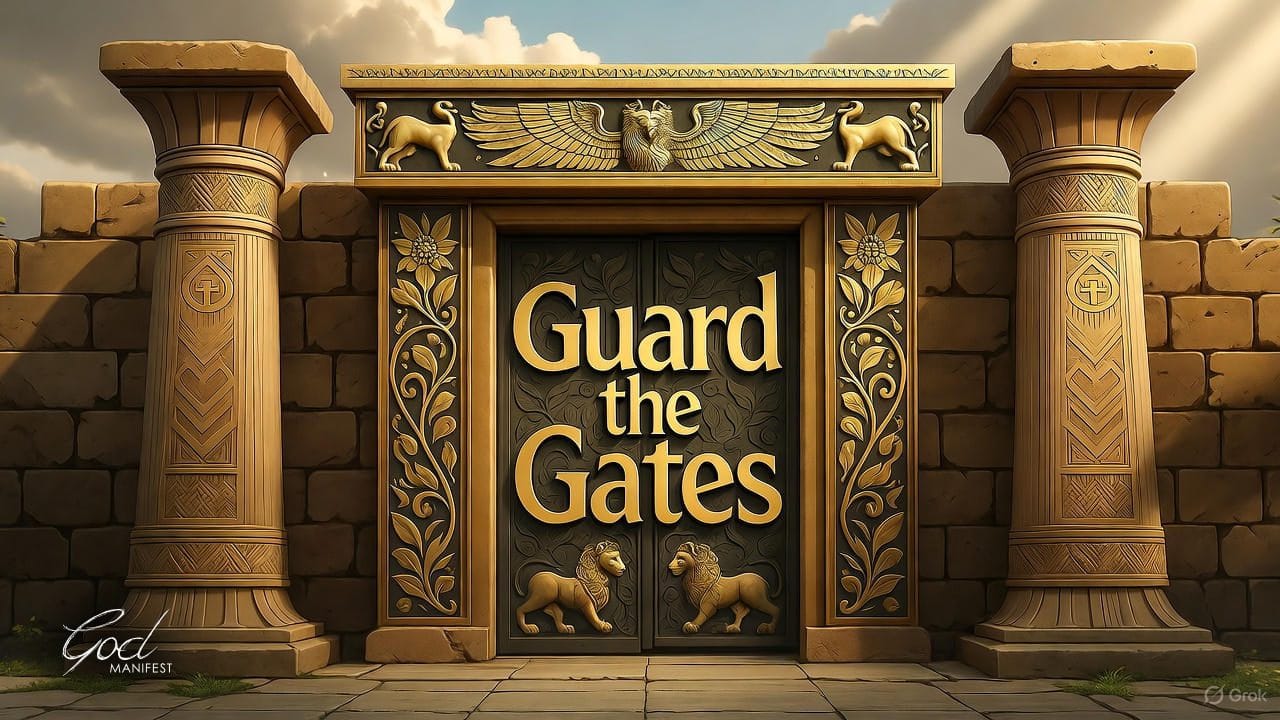“If Jesus wanted His first disciples and us to preach a sugar-coated gospel, He wouldn’t have called them (us) the salt of the earth,” Jonnathan Zin Truong
Matthew 5:13 NASB
“You are the salt of the earth; but if the salt has become tasteless, how can it be made salty again? It is no longer good for anything, except to be thrown out and trampled under foot by men.”
Last year, while ministering at Oasis of Grace Church in Graham, Texas, I suddenly smelled salt in the air and it permeated the sanctuary, compelling me to shared this word:
“I smell salt in the air. I smell salt in the air. Can you taste it? I see an overflow of salt pouring into this sanctuary. Do you perceive it?”
‘Do not bring any vats,’ declares the Lord. ‘For there are not enough vats to hold the salt I am pouring into this church and this city. I am releasing a new taste from you. The world will not know what they are tasting but they will crave more. I am making My church salty again! This is My salt covenant with you. You will not lose your saltiness but have an abundant supply.’”
At that particular moment, I had never heard of a “salt covenant” and it turns out not many within the church had either. Also, at that specific time the Lord was speaking specifically to Oasis of Grace, announcing the season to come. Then, immediately after releasing the word, Eddie Carl, an elder at Oasis, shared that the City of Graham was built upon one of the largest salt mines in Texas.
Leviticus 2:13 NASB
Every grain offering of yours, moreover, you shall season with salt, so that the salt of the covenant of your God will not be lacking from your grain offering; with all your offerings you shall offer salt.
A SALT COVENANT
Did you know that in ancient times salt was considered by many cultures as an extremely valuable commodity. In fact, the word “salary” comes from an ancient word meaning “salt-money,” referring to a Roman soldier’s allowance for the purchase of salt. Today in many cultures, if two people are said to have partaken of salt together they are making a sworn oath to protect one another—even if the two men had previously been enemies. Also, in ancient times, in certain areas of the world, the simple act of ingesting salt together in the presence of witnesses is another way to make a legally binding agreement. In 2 Chronicles 13:5, King Abijah speaks of just such a salt covenant: “Don’t you know that the LORD, the God of Israel, has given the kingship of Israel to David and his descendants forever by a covenant of salt?” Here, Abijah’s reference of the “covenant of salt” is stating that the Lord had made a promise, legally binding agreement, to give Israel to David and his sons forever, which was eventually fulfilled when David took the throne.
In the Old Testament, the Law commands the use of salt in all grain offerings, making it clear that the “salt of the covenant” should not be ignored from any grain offering (Leviticus 2:13). God’s promise to the Levitical priest to provide for them via the sacrifices of the people was called a “salt covenant” (Numbers 18:19).
In ancient times, the idea of a salt covenant carried a great deal of value because of the value of salt in those times, while in modern times, with the easy accessibility of salt, the term has lost much of its original meaning. However, to the people of Jesus’ day, salt was an important and precious commodity. So, when Jesus told His disciples that they were “the salt of the earth,” He meant that believers have value in this world and are to have a preserving influence of God’s Kingdom (Matthew 5:13).
Beloved, you are the salt of the earth and the Lord is making His church salty again. Pouring out salt upon us all, while calling us back into a “salt covenant” with Him.







